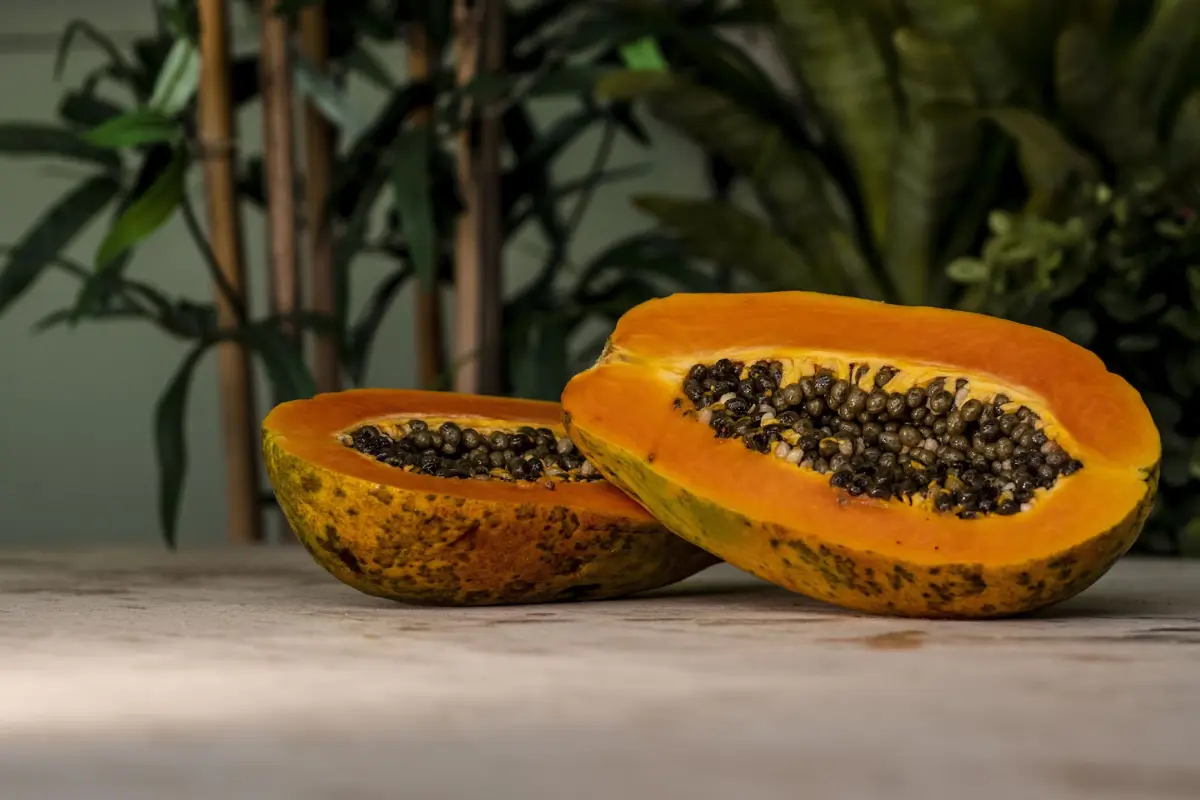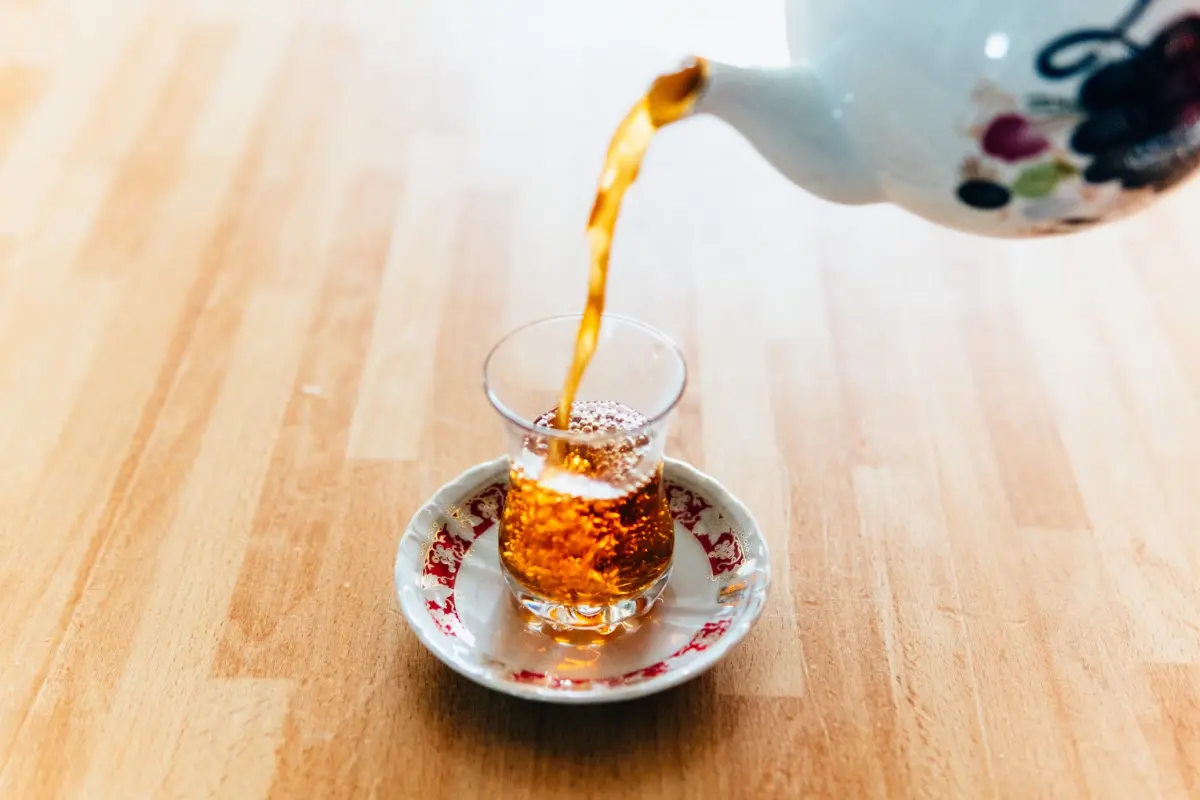In the quest for natural remedies and dietary supplements to support heart health, two spices have emerged as front-runners: garlic, renowned for its active compound allicin, and turmeric, celebrated for its curcumin content. Both have been used for centuries in traditional medicine across various cultures, and modern science is now validating their therapeutic benefits, especially concerning cardiovascular health. This article delves into the heart-healthy advantages of garlic and turmeric, examining their impacts on bad cholesterol levels, blood pressure management, anti-inflammatory properties, prevention of LDL oxidation, reduction of platelet aggregation, potent antioxidant capacities, and their roles in countering myocardial infractions.
Garlic (Allicin) : The Heart’s Ally
Garlic, a staple ingredient in cuisines worldwide, owes its health benefits to allicin, a sulfur-containing compound formed when garlic is chopped, crushed, or chewed. This compound is not only responsible for garlic’s distinctive odor but also its therapeutic properties, particularly in relation to heart health.
Lowers Bad Cholesterol (LDL)
Numerous studies have demonstrated garlic’s efficacy in lowering levels of low-density lipoprotein (LDL), commonly known as bad cholesterol. A meta-analysis of randomized controlled trials found that garlic supplementation significantly reduces LDL cholesterol, suggesting a protective effect against atherosclerosis and heart disease.
Helps Manage Blood Pressure
Garlic has been shown to have a beneficial impact on blood pressure, particularly in individuals with hypertension. Allicin acts on the vascular system to relax blood vessels, improving blood flow and thus reducing blood pressure. This vasodilatory effect, akin to some blood pressure medications, underscores garlic’s potential as a natural hypertensive treatment.
Good Anti-Inflammatory
Chronic inflammation is a known risk factor for many forms of cardiovascular disease. Garlic’s anti-inflammatory properties, attributed to allicin, help mitigate this risk. By inhibiting the activity of inflammatory molecules in the body, garlic can play a role in protecting the heart and vascular system.
Slows Heart Disease Progression
Garlic plays a crucial role in slowing down heart disease by keeping the arteries healthy. It helps reduce plaque buildup and keeps the arteries flexible, making it harder for heart disease to progress. This means garlic is not just good for flavoring food; it’s also great for your heart’s health.
Turmeric (Curcumin): The Golden Spice for Heart Health
Turmeric, a golden-yellow spice integral to Indian cuisine and Ayurvedic medicine, contains curcumin, a compound with potent anti-inflammatory and antioxidant properties. Its benefits for heart health are multifaceted, addressing various risk factors for cardiovascular disease.
Prevents LDL Oxidation
Curcumin in turmeric plays a crucial role in preventing the oxidation of LDL cholesterol. Oxidized LDL is more likely to form plaques in the arteries, leading to atherosclerosis. By inhibiting this oxidation process, curcumin contributes to the prevention of plaque formation and, consequently, heart disease.
Reduces Platelet Aggregation
Abnormal platelet aggregation can lead to the formation of blood clots, increasing the risk of heart attacks and strokes. Curcumin has been found to reduce platelet aggregation, thereby potentially lowering the risk of thrombotic cardiovascular events.
Potent Antioxidant
Oxidative stress plays a significant role in the development and progression of cardiovascular diseases. Curcumin is a powerful antioxidant that can neutralize free radicals, reducing oxidative stress and its damaging effects on the heart and vascular system.
Counters Myocardial Infarctions
Emerging research suggests that curcumin may have a protective effect against myocardial infarctions (heart attacks). Its antioxidant and anti-inflammatory properties help to maintain heart function and prevent damage to the heart muscle following an ischemic event.
Garlic and Turmeric: A Synergistic Approach to Heart Health
While both garlic and turmeric offer significant benefits for heart health, they each have unique mechanisms of action. Garlic is particularly effective in lowering bad cholesterol and managing blood pressure, while turmeric excels in preventing LDL oxidation, reducing platelet aggregation, and countering oxidative stress. Their anti-inflammatory properties overlap, providing a complementary approach to reducing chronic inflammation, a common pathway in heart disease.
Incorporating Garlic and Turmeric into Your Diet
To harness the heart-healthy benefits of garlic and turmeric, consider incorporating them into your diet. Fresh garlic can be added to a variety of dishes, from sauces to soups to marinades. To maximize its health benefits, allow chopped or crushed garlic to sit for a few minutes before cooking, which enhances allicin formation. Turmeric can be included in curries, rice dishes, and teas. For better absorption of curcumin, pair turmeric with black pepper, which contains piperine, a natural substance that enhances curcumin’s bioavailability.
Conclusion
Garlic and turmeric are not only flavorful additions to the kitchen pantry but also powerful allies in the fight against heart disease. Through their active compounds, allicin and curcumin, they offer a range of cardiovascular benefits, from lowering bad cholesterol and managing blood pressure to reducing oxidative stress and inflammation. While each has its strengths, together they provide a comprehensive approach to heart health. As with any dietary supplement, it’s essential to consult with a healthcare provider before starting any new regimen, especially for those with existing health conditions or who are taking medications. With their rich history in traditional medicine and growing body of scientific evidence, garlic and turmeric stand out as natural, heart-healthy superfoods worthy of inclusion in a balanced diet.












